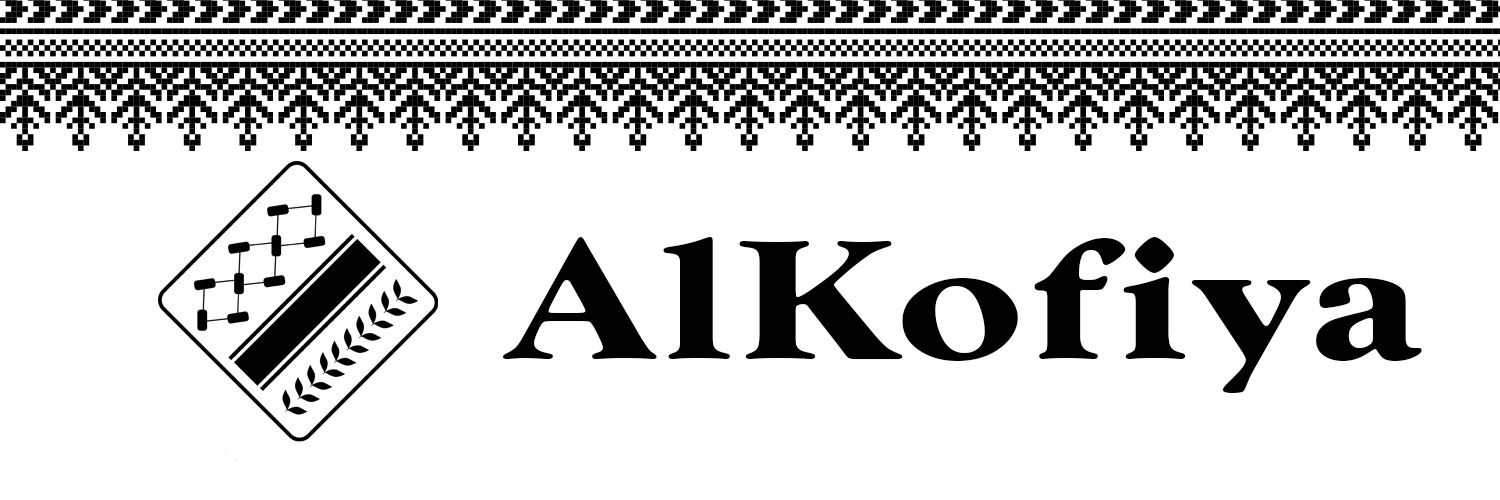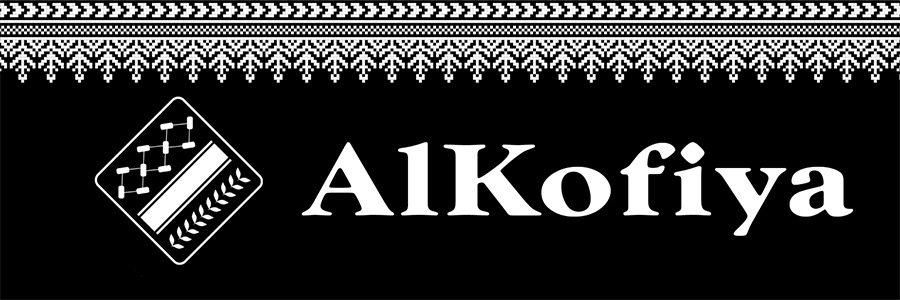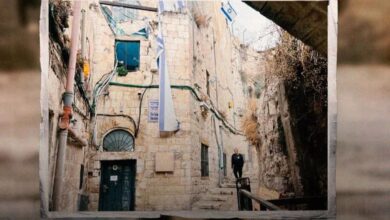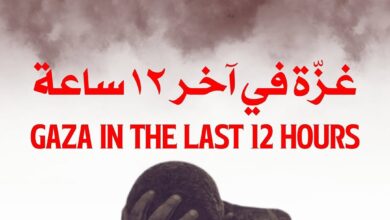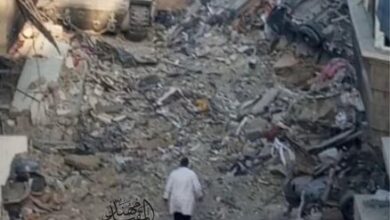
Palestine Centre: 50,000 arrests since Jerusalem uprising on October 2015
The Palestine Center for Prisoner Studies confirmed that it has monitored (50,000) cases of arrest of Palestinians from all categories since the outbreak of the Jerusalem uprising on October 1, 2015, on the 8th anniversary of its outbreak.
Researcher Reyad Al-Ashqar, director of the center, said that the occupation faced escalation of resistance and heroic operations following the outbreak of the Jerusalem uprising with more arrests, which became a daily phenomenon that the occupation uses as a tool of oppression and collective punishment to fight the Palestinian people, as not a day goes by without cases of arrests being recorded in… A process of deliberate human attrition.
Al-Ashqar explained that nearly a million Palestinians have tasted the bitterness of captivity since 1967, and the cases of arrest since September 2000 until today have reached (143) thousand cases of arrest, while since the outbreak of the Jerusalem uprising in October 2015 (50 thousand) cases of arrest have been monitored, affecting all segments of society. Palestinian society, including children, women, the sick, the elderly, activists, media professionals, fishermen, legislative representatives, faction leaders, and others.
Among those detained during the Jerusalem uprising were (9,800) arrests targeting minor children, (1,340) arrests of women and girls, some of whom were wounded and minors, and (1,700) arrests for writing on the social networking site Facebook on charges of incitement.
Al-Ashqar pointed out that the occupation clearly escalated during the Jerusalem uprising in issuing administrative decisions against Palestinian prisoners, as the report monitored (12,730) administrative decisions from the occupation’s moot courts, between a new decision and renewing detention for new times, including (84) administrative decisions. Women were targeted, 4 female prisoners are still in detention, and (193) administrative decisions targeted minor children, 20 of whom are still in administrative detention.
Al-Ashqar said that the number of arrests of minor girls during the Jerusalem Uprising amounted to 142 cases, the youngest of whom was the 12-year-old girl, Dima Ismail Al-Wawi, from Hebron. She was arrested for four months and released, while the occupation courts issued harsh deterrent sentences against female prisoners and minors, amounting to 16. General for some female prisoners, the occupation also arrested minors after they were shot and in harsh and brutal conditions.
Despite the decline in the severity of the detention of representatives of the Palestinian Legislative Council, the years of the Jerusalem uprising witnessed (51) cases of arrest of representatives in the Legislative Council, all of whom were released after spending various periods in prison, while one representative is still behind bars, in addition to two representatives who were kidnapped before the Jerusalem uprising.
Al-Ashqar stated that his center monitored during the Jerusalem uprising (420) cases of arrest of elderly people, most of whom were arrested on charges of defending Al-Aqsa Mosque, as well as (82) cases of arrest of academics and lecturers at universities, and (815) cases of arrest of sick and disabled people, some of whom were arrested. He was arrested in his wheelchair and others suffering from cancer.
Al-Ashqar pointed out that during the Jerusalem War, the number of martyrs of the prisoner movement rose to (238) martyrs, with the rise of (31) new martyrs from among the prisoners, 24 of whom were saved as a result of deliberate medical negligence, and 7 others rose after they were arrested wounded and transferred to hospitals, and the failure to provide them with appropriate care. While two martyrs died as a result of being severely beaten after their arrest.
The last martyr of the prisoner movement was the prisoner Sheikh Khader Adnan, who died after 86 days of open hunger strike in a deliberate assassination, as the occupation refused to release him exceptionally due to the seriousness of his condition in recent days. It also prevented his transfer to a civil hospital to provide him with real care, and maintained his detention. In a single cell in the Ramla prison clinic without follow-up.
Al-Ashqar explained that all the detainees were subjected to one or more forms of physical or psychological torture, moral abuse, and humiliation that degrades dignity in front of citizens or family members, especially children, which constitutes a grave violation of the rules of international humanitarian law and international human rights law, and some of them were exposed to gunfire. Deliberately and from close distances before arrest without posing a threat to the occupation.
